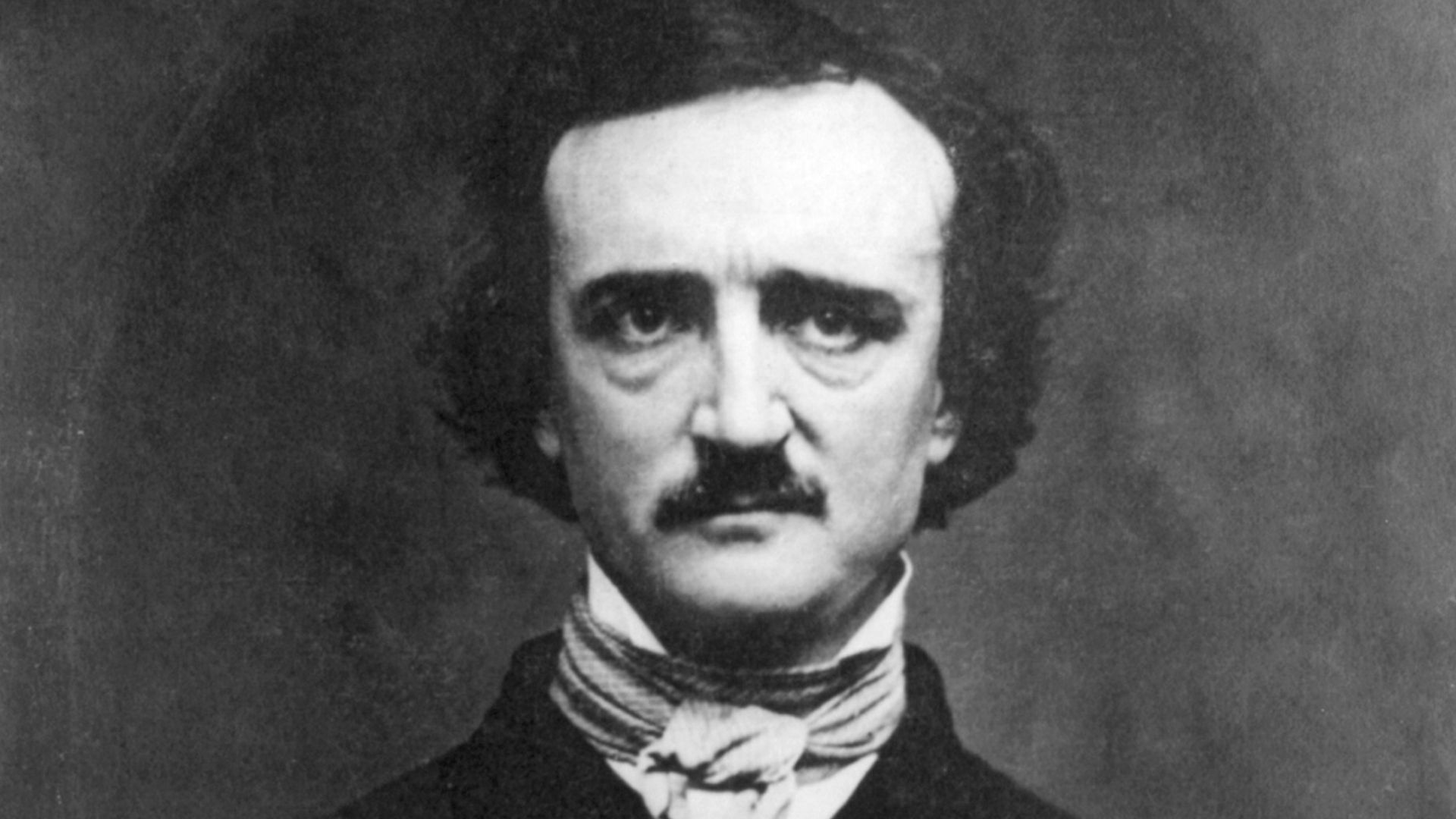The Bells Comments
Hear the sledges with the bells-
Silver bells!
What a world of merriment their melody foretells!
How they tinkle, tinkle, tinkle,
...
Read full text
........fabulous write...in the 1800's, the use of bells was more common than today ★
Interesting then that he made the word up. No joke, he invented the word to fit with the poem.
Ah, one of my favourites. Poe had such an ear for rhythm, everything in this poem flows so easily with a beat and chime madder than the bells themselves. Beautiful.
@Jon P, Boring? Really? ! ? You do know that his repetition of the word bells is representative of the telling of the bells themselves, right? It's not meant to be read in time. It's supposed to be arhythmic. As cadencial as Poe tends to be, we often assume that everything will be cadencial. Try reading it again this time reading the repeated bells section slowly and out of time.
When children were actual children they read shel silverstein....when i was a little child i was reading edgar allen poe
THis poem has such a ring to it. He manipulated the rythm to dance across your tongue and ears, it is definitly one of his best works. in short The Bells is a masterpiece.
This is such an awesome, musical poem.Someone should write music to this poem, if they haven't already. I agree with James Sides's comment.Poe had a natural sense of rhythm.Hie poems are so smooth, and flow so easily. He is (imo) the best classic poet of all-time. Lauren Marie Elizabeth Ryan
simply wonderful, i am yet speechless to the cadence as eloquently flows, hats off to great work,
Is there a poet in history with such a natural sense of rhythm as Poe? He has such cadence
A student in Russia read this poem in translation and shyly recommended it anonymously to Sergei Rachmaninoff who was taken with it. He composed a grand setting of it for tenor solo, chorus and orchestra that it absolutely splendid. The composer made a successful search for the young women to personally thank her for the tip.
You are right akara. The poem indeed is about the four stages of life. I just heard it yesteday, through a fabulous rendition by an english teacher named Wendy Dickson. I must admit it left all the listeners spellbound for the sheer beauty of the poem as well as the rendition. It was an honour to listen to it...
In reality, it is a re-presentation of Plato's classification of Four Types of Soul, not stages of life.
I love this poem! It's definitely one of my favorite poems by Poe. The first time I read it was out of the literature book in my English class in 9th grade, and I immediately became obsessed with it, I was going around to all my friends saying 'Read this! ' and they were like, 'Why? I don't get it...' Heh... But like Shen Roseman said, the words just seem to flow so well. I don't know if the stanzas of this poem are supposed to symbolize Poe's various moods, as Jon P said, but I think they represent the stages of life (although I may be wrong) . Carefree, merry childhood, as represented by the silver sleigh bells, and then the wedding bells, as in marriage, the alarm bells, as in the hardships of life and adulthood, then the death bells. It's a very unique way to symbolize life. :)

This poem was put to music by one of America's greatest 20 th century song writers, Phil Ochs.